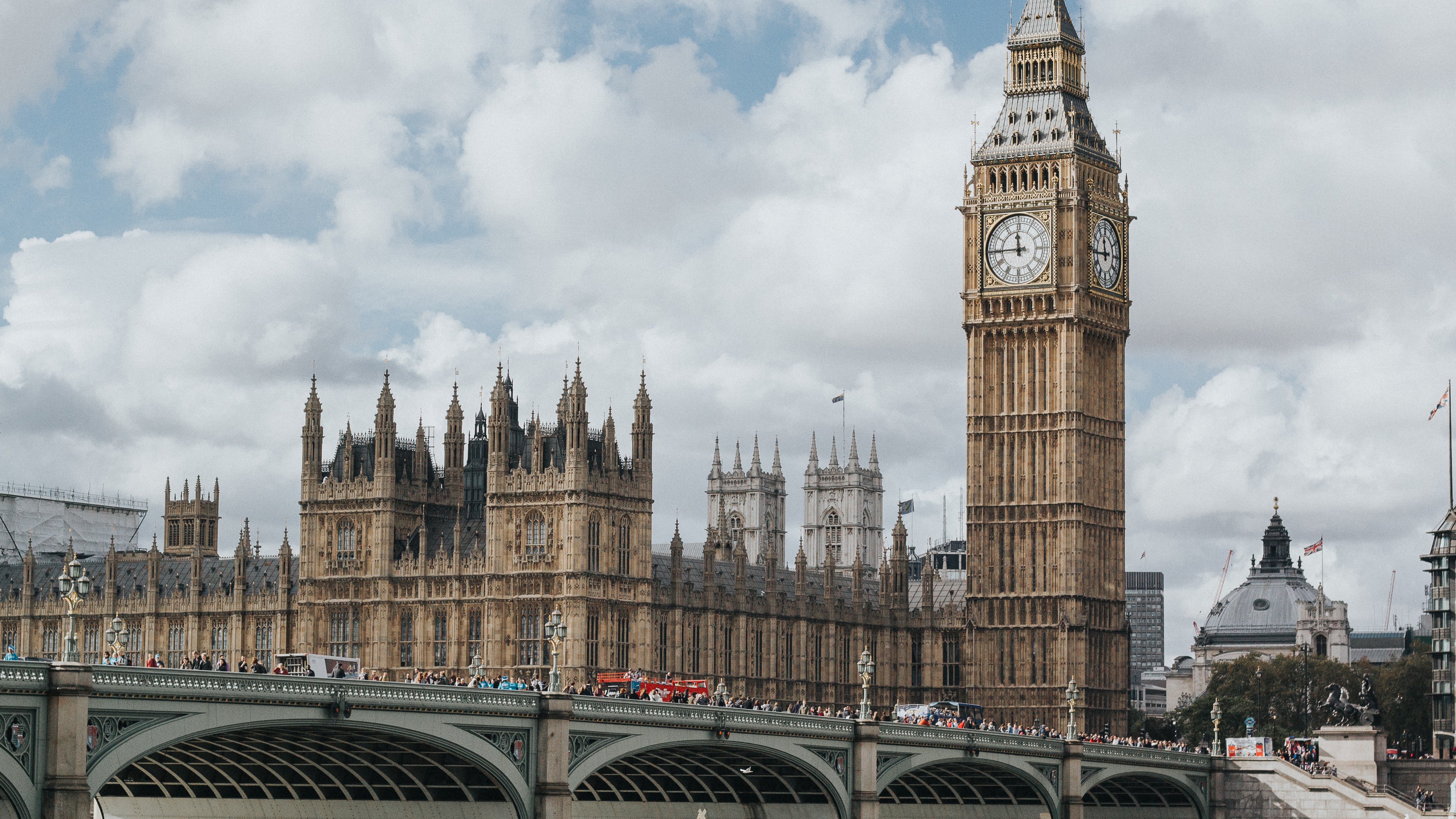
When the unprecedented is not so unprecedented.
How do Public Affairs Professionals react to Liz Truss' resignation?
By Rachael Clamp
Remember when we rarely used the word 'unprecedented'? I'm not sure about you but I am missing 'precedented' and yet but here we are again. The Prime Minister has resigned after 44 days making Liz Truss’s term the shortest in UK history. Our clients and employers are going to be looking to us to give them an understanding of what is going on in Westminster, but we aren’t going to have the answers; no one will.
In addition to wondering who will be the third PM of 2022, some things you might want to keep in mind:
1. The new Prime Minister may bring in a new Cabinet and reshuffle Ministers, but they may not. They may take the unheard-of approach of keeping things as is to attempt to maintain stability; but do those who took a job from Truss and stood up for her have the credibility to be in the post anymore?
2. Will the new Prime Minister actually be able to do anything as a result of the turmoil that has been caused over the last 44 days? The new Chancellor has set a path that appears to have calmed things with the markets, but what scope will the new PM have to set their own course? Will they be beholden to Hunt's economic policies even before they start?
3. How will the shortened timeframe of a week and the higher bar for 100 backers impact the candidates or how the party grassroots vote? How can the Parliamentary Party ensure whoever is elected is a unity candidate? And will we see MPs vote one way and the membership another? If so, how does that impact the legitimacy of the new leader? This will be a very different contest from the one over the summer, but it could be just as unpredictable.
4. Where do we stand on a General Election after three prime ministers in less than three months? Does anyone have a mandate or do we need to go back to the votes? The current Government was elected on Boris Johnson's 2019 Manifesto - will the new PM have any scope to change policies without going back to the public?
These are just some of the questions already being asked of lobbyists and specialists in Government. I imagine, like me, you have many similar questions.
We are in unprecedented times and there are many, many questions in addition to these four that we are going to have to try to deal with as we experience a longer period of uncertainty. As we wait for things to settle down – if they ever do, remember that’s something we’ve all wanted for over 3 months! - we must do the best that we can to maintain a degree of understanding of the situation.
We need to ensure we're providing our clients and employers with clear recommendations for action, even if that action is to 'sit and wait it out. We need to be more dynamic and flexible than we ever have been. And we need to maintain focus on our organisation's key goals, identifying what is noise and what we need to act on.
These coming months will once again test Public Affairs Professionals. But times like these also show our worth and value, in setting a course in times of uncertainty.